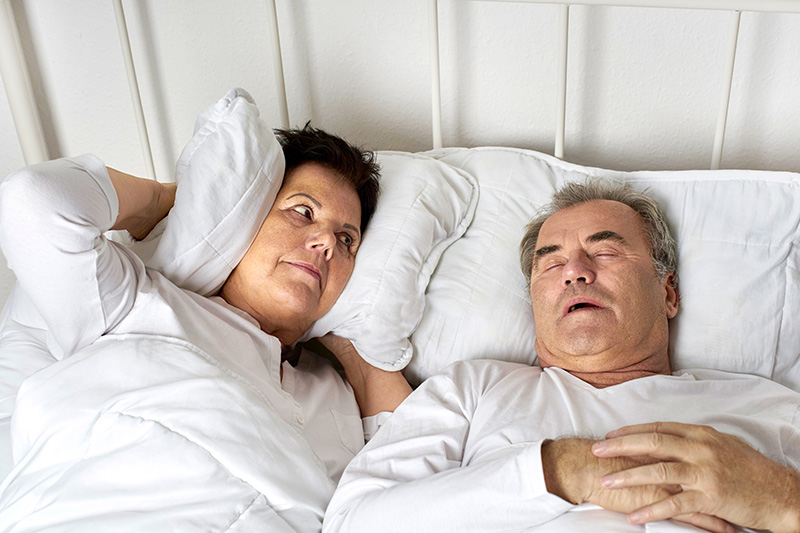Handling Stress At The Holidays
For older adults, stress seems to be worse at holiday time. The holidays are meant to be a fun, enjoyable time of year with friends and family. But with all the activity, deadlines and pressures, you may feel that the holidays are not so much fun after all.
Changes in health or physical ability may limit participation in holiday traditions. Dependence on others, loneliness and isolation seems worse at the holidays. This is especially true if there has been a loss of a spouse, family member or pet, or a significant life change such as divorce or retirement. Personal independence is lost if driving a car is no longer possible. Increasing healthcare expenses also can make the holidays difficult.
Tips To Reduce Stress
- If you are feeling tired, just say, “no.” You don’t have to attend every family function. Choose the most important gatherings and go to those.
- Make a budget and stick to it. Spending on family members is important but it’s also important to pay the electric bill. Don’t get caught up in overspending on gifts that will take you months to pay off.
- Create some relaxing surroundings. Listen to music. Try citrus-scented air fresheners which may help boost mood. Indulge in some extra nice self care. Get a pedicure. Take a warm bath or shower. Get a fresh haircut or shave.
- Keep up healthy eating habits. Don’t skip exercise. Doing both of these will reduce stress. Try to get some sunlight each day. It will brighten your mood.
- The loss of a loved one is especially difficult at the holidays. If you can, open up about your feelings of loss with others. Sharing may ease some of the sadness. You may find that many are sympathetic because they, too, have experienced loss.
- Take breaks. Care for yourself. Try a nap or a short walk. Watch a funny movie. Laughing always relieves stress.
Are You Sleeping Well?
Scientists have suggested that our sleep becomes more “fragile” as we age, which may contribute to light sleep, falling asleep during the daytime, wakings at night and fewer total hours of sleep. Not all older adults will experience decreases in sleep quality and quantity. On average, you need about 7 to 7 ½ hours of sleep each night. Good bedtime habits will help. If you feel you are not sleeping well, try some of these tips:
- Don’t eat a heavy meal right before bedtime.
- Go to bed at the same time each night and follow a routine
- Keep your bedroom dark, quite and cool
Reduce Technology
Television and cell phones interrupt our circadian rhythms. Scientists suggest that bright screens make us release lower levels of melatonin in our brain. Melatonin is a hormone that our body produces to regulate our sleep. So don’t play phone games, read emails, watch television on check Facebook in bed at night.
Reduce Smoking and Alcohol
Smokers tend to use more caffeine during the day. So when it’s time to sleep at night, the extra caffeine keeps you awake. Alcohol is a depressant. For years it had been used as an over-the-counter sedative. But in fact, although alcohol may help you fall asleep, the effect of sleepiness goes away and then you are awake feeling depressed.
Check Your Medications
Some medications will interfere with a good night’s sleep. Don’t be afraid to tell your doctor about your sleep problems! Antidepressants, corticosteroids, thyroid medicines, hormones, diuretics and BP meds and some common OTC meds that contain alcohol or caffeine. Research shows that sleep problems can sometimes be attributed to physical and psychiatric illnesses and the medications used to treat them.
Check with your doctor to see if any medicines you take may be keeping you awake.
Stress is a part of life.
Stress can be good or bad for you. It can spur you on to stay focused, energetic and alert. But chronic stress can cause damage to your health, mood, relationships, quality of life and interfere with getting a good night’s sleep. Chronic stress often has symptoms like these:
- Lowered Immune System: You become more susceptible to illness. If you should suffer a cold or the flu, the recovery process takes longer.
- Heart Problems: excessive drinking, overeating and drug use damages arteries, blood vessels and increases the risk of heart disease.
- Digestive Issues: Stress causes contractions of your digestive muscles and a decrease in secretions necessary for digestion. Chronic stress can lead to problems such as irritable bowel syndrome and ulcers.
Insomnia
Older adults also experience insomnia. According to the National Sleep Foundation, 44% of older persons experience one or more nighttime symptoms of insomnia several nights per week. Insomnia may be chronic (lasting over one month) or acute (lasting a few days or weeks).
A person’s health can be affected by insomnia. Excessive daytime sleepiness, difficulty concentrating, and increased risk for accidents and illness as well as significantly reduced quality of life all can result from insomnia. Behavioral therapies and prescription medications singly or in combination are considered effective means to treat insomnia.
Sleep Apnea
People with a disorder called sleep apnea stop breathing during sleep and must wake up to breathe. If you stop breathing for 10 seconds or more, this is mild sleep apnea. More than five apneas per hour is abnormal. More than 30 to 40 apneas per hour severe. Untreated, sleep apnea can result in a number of health problems including: high blood pressure, heart problems, diabetes, depression, headaches and obesity.
Snoring
Men have narrower air passages than women and are more likely to snore. A narrow throat, a cleft palate, enlarged adenoids and other physical attributes that contribute to snoring are often hereditary. Extra fatty tissue around the throat and poor muscle tone does contribute to snoring. Exercising, losing weight and side sleeping may be all it takes to end your snoring.









Comments are closed.